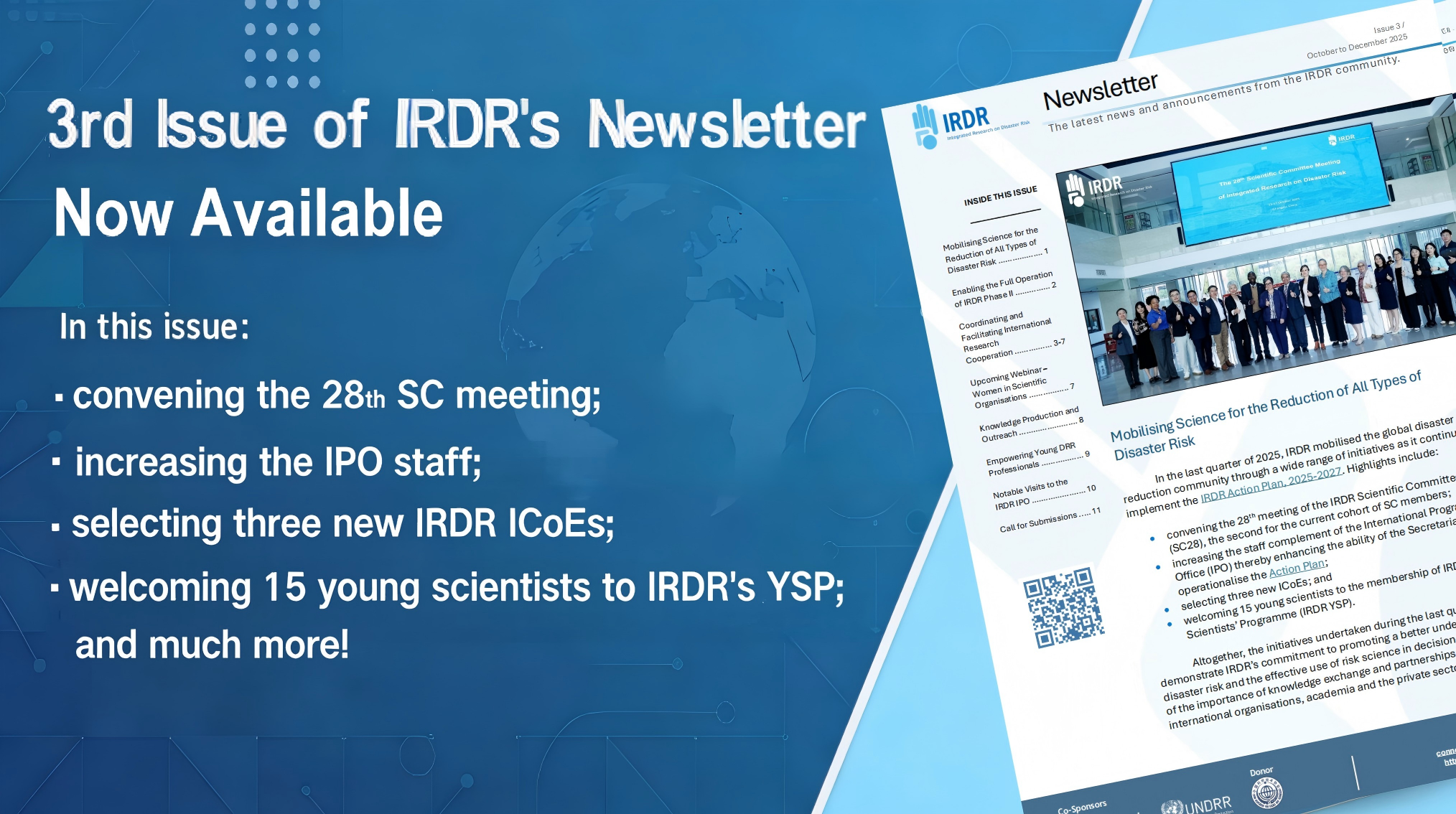The fifth European Union Loss data working group workshop took place on 30 and 31 March in Ispra, Italy. The workshop gathered 30 experts from 11 European Member States (MS). The workshop discussed the challenges set forward by the new European Union Civil Protection Legislation and the recently adopted Sendai Framework for Disaster Risk Reduction. It is expected that the achievements of the working group, in particular the guidance on recording disaster damage and loss data would feed in the process of developing a monitoring and measurement framework for targets and indicators in the EU.
The first part of the meeting was dedicated to the review of the guidance document including its scope, the proposed framework for damage and loss recording and the suggested minimum required loss indicators. The discussion on the guidance was framed within the context of the European and international initiatives related to risk prevention and management, namely the EU civil protection mechanism and the Sendai Framework for DRR. The compliance of the guidance with EU standards like the INSPIRE directive and the compatibility with the Flood directive as well as the on-going efforts for building a European flood impact database were also discussed.
The second part of the meeting aimed at identifying the models and tools for assessing the economic losses including direct and indirect losses. It attempted to scope the interest of Member States in developing a common methodology for collecting disaster loss data in the form of an EU toolkit. State-of-the-art damage and loss data collection methods were presented and expectations from MS with respect to the usefulness and the added-value of having standard forms were discussed. The potential and challenges of using disaster loss data within national risk assessments were also tackled briefly. The IRDR Guidelines on Measuring Losses from Disaster was carefully evaluated and the “population exposed” indicator is now considered for inclusion in EU reporting.
Measuring economic losses was debated at length. The working group benefitted from the presence of economist that provided an alternative view on economic loss reporting that that of disaster management. This topic will be addressed in a future meeting involving contact points from MS involved in the preparation of the national risk assessments.
The action for next meeting include, to work together towards the finalization of the Guidance for Recording and Sharing Disaster, to report on the list of perils in every member states based on the IRDR peril classification and hazard glossary, to address the development of operational indicators to translate the Sendai Framework into action; to sharing damage and loss data on the minimum requirements, using the common data exchange format proposed in the guidance; to start testing the guidance document through examples of implementations for different types of perils; to initiate the collection of best practices and the sharing of survey forms for damage and loss data collection at the local level; to prepare the next meeting of the working group which will address the targets and indicators for DRR and the ways to measure them.
More information on process to establish loss data recording in the EU as well as and reports, and presentations delivered at the workshop is available at the following link http://drr.jrc.ec.europa.eu/LossDataWorkshopMarch2015





